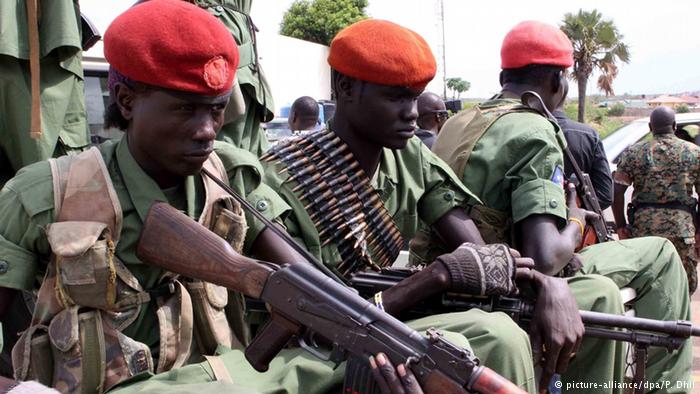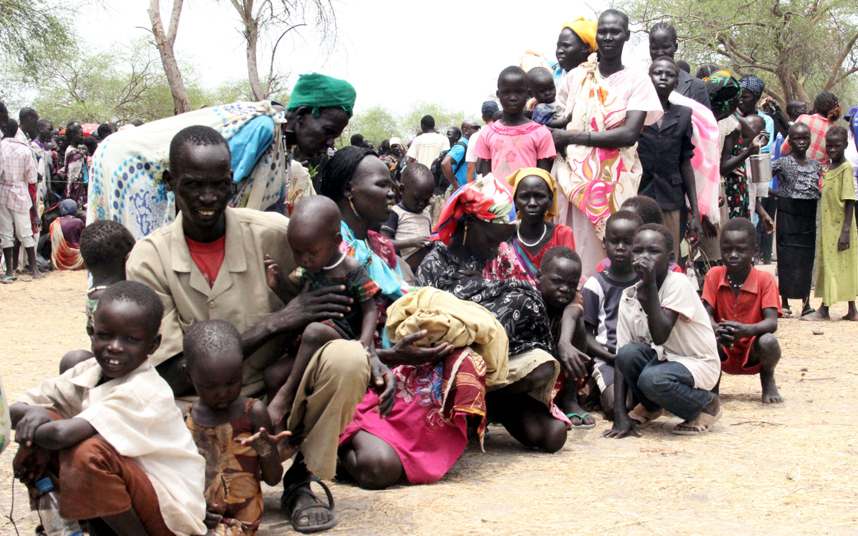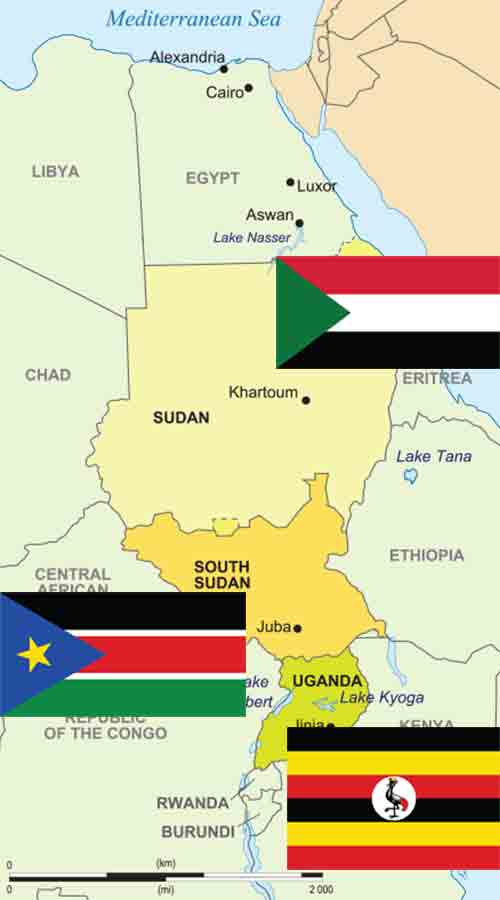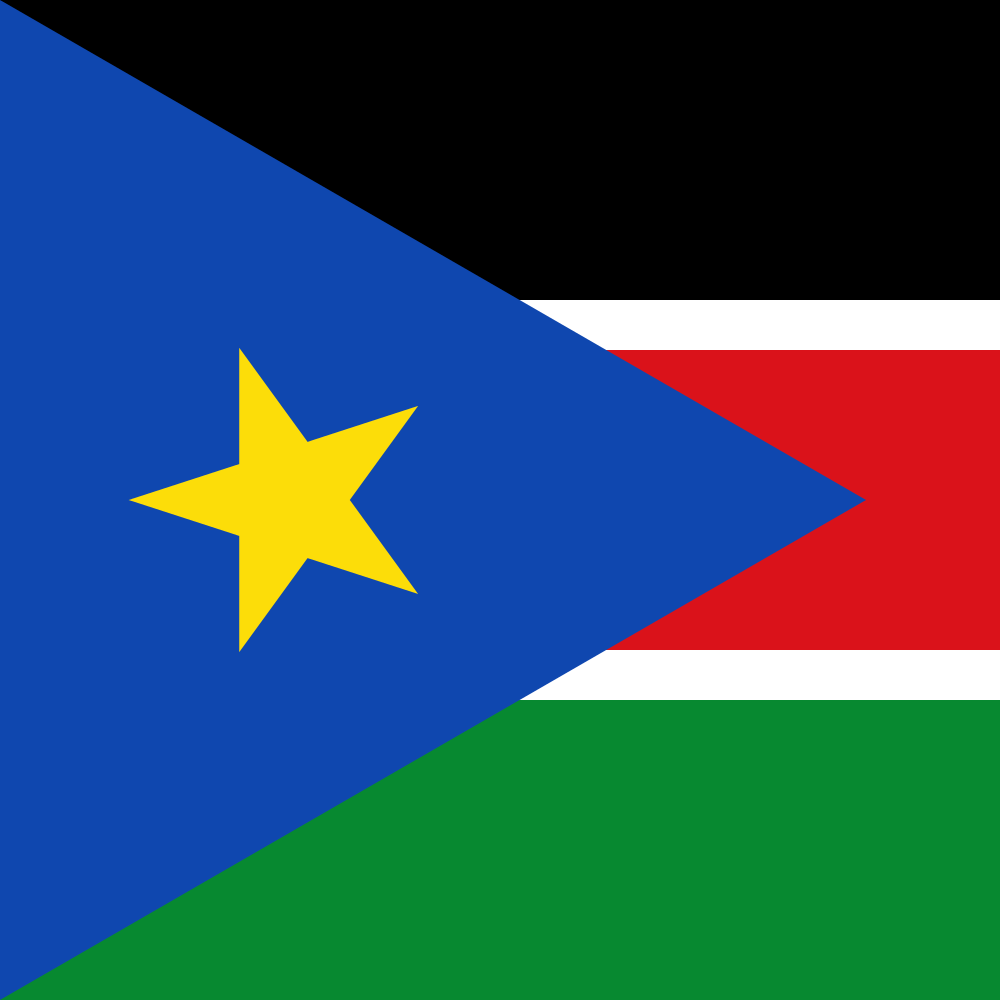The world’s youngest nation — South Sudan, formed a mere 5 years ago, is on the edge of civil war once again.
 photo credit
photo credit
South Sudan declared its independence from Sudan and formed a republic in 2011. Tensions between warring tribes have been mounting and fighting broke out in Juba, the capital city, less than a week ago. The Dinka tribe is represented by president Salva Kir and the Nuer tribe by vice-president Riek Machar. Ever since the president accused his vice-president of staging a coup back in December 2013, relations between the two have been shaky.
In most parts of the world, Independence Day is something to celebrate. It’s a day to remember past sacrifice and to celebrate the victory of a battle hard fought. And yet, last week’s Independence Day in South Sudan was a different story.
July 9—a date that has been celebrated in South Sudan since the country gained independence in 2011—was greeted this year with heightened vigilance, rumors of violence, and little sense of victory. Fireworks did not end in awe-inspiring bursts of color and grace, and families were not underfoot admiring the spectacular display. The color in the South Sudanese sky that night was brought instead by tracer ammunition and accompanied by the reverberating staccato of heavy weaponry.
(worldrelief.org)
While members of both military parties clash, the civilians are the ones caught in the crossfire. Both armies have committed crimes against humanity and many people are facing serious food shortages, mistreatment and fear for their lives.
 photo credit
photo credit
So, what does this mean for Uganda?
Since South Sudan and Uganda share a border, this conflict has the potential to affect Uganda as a nation.

Uganda’s recently developed economic ties with South Sudan, and its hope for future market integration, add weight to its political engagement. But it is the long-standing security interests and current military intervention that constitute the Ugandan government’s main concern.
None of South Sudan’s neighbours want it to collapse. An ungoverned territory at the mercy of local warlords threatens them all: a trading partner and investment opportunity would disappear, and border instability creates a haven for neighbours’ oppositional forces.
Many Ugandans fled South Sudan in December 2013. Some – mostly small-scale, more mobile traders – have returned. South Sudan’s economic crisis will likely continue to impact the Ugandan economy and threaten the livelihood of many Ugandans. The economic crisis also affects the political and social dimensions of its relations with Uganda. Reduced purchasing power has increased competition among foreign traders.
(accord.org)
The UN is holding meetings to determine their next step of involvement, and for now a cease-fire has been declared and troops have retreated. But many lives were lost, thousands have fled the country and there has been a mass evacuation of foreigners already. Please pray for this country and their people…that the fighting will end and they can begin to rebuild their lives and have peace.






